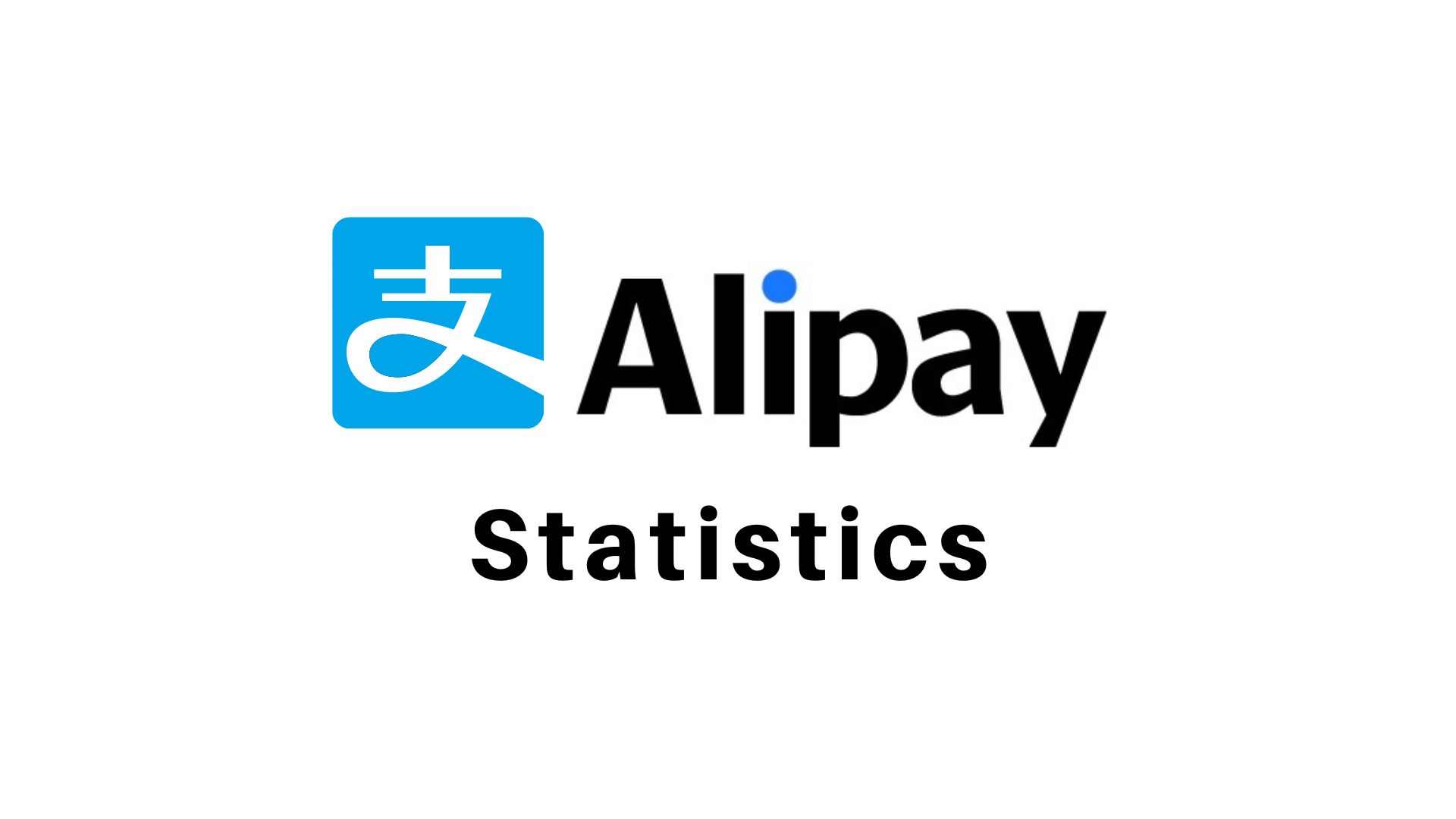Q&A: Making ERP Reporting More Useful
Enterprise Apps Today‘s Ann All discussed the importance of ERP reporting with Glenn Wirick, vice president of product development for InsightSoftware.com, which makes productivity tools for Oracle's E-Business Suite and JD Edwards software. Wirick has worked with JD Edwards software for more than 14 years and has extensive experience with data warehousing and business intelligence implementations.
All: You say ERP systems don't really provide what business users need. Can you elaborate?
Wirick: Many organizations rely on transactional reporting, which is an outdated solution to an old problem. Do you use a paper map to find your way to a new restaurant? Probably not. Just a couple of decades ago, a well-designed city map was the best solution. But now we all use GPS, a tool that requires no training, is readily usable by everybody, and provides turn-by-turn answers to get you easily to your destination.
While transactional reports were a great solution 20 years ago, they are now like paper maps – outdated, harder to use, more error-prone and simply a less efficient way to get you to where you are going. Transactional detail is good as supporting information, but the true business gems generally exist as a summary of combined information, not in raw lists of transactions.
All: If transactional data doesn't cut it, what kind of information will add business value?
Wirick: Meaningful business answers are usually reports that combine information from multiple sources. The answers need to appear in a simple-to-use format, where follow-on questions can also be quickly answered. In addition, reports should be readily available online, in real-time, from the original system of record. Business users should be able to easily access reports without requiring training on IT tools and complex software.
All: What about business intelligence systems? Don’t they provide the kind of meaningful information you describe?
Wirick: Not really. Clearly, BI has a place. Otherwise, these tools wouldn’t be so successful in the marketplace. BI helps you examine historical data, compare results with expectations and then deliver analyses that shape future strategy.
What BI tools don’t do is deliver real-time business answers, which is especially important in some business functions like accounting and inventory management. Even worse, BI requires expertise in order to be effective. Someone has to shape the data, analyze it and interpret it, and very few managers have the training to do so. The inevitable result is a collection of highly technical reports and visualization tools generated by analytics specialists that may or may not be used by managers to make actual business decisions.
Another limitation of BI solutions is the lengthy implementation and design work required. Again, this is a major distraction of company resources that slows the business, instead of moving it faster.
All: What kind of information should enterprises focus on with an ERP implementation?
Wirick: The heart of your ERP system is financial information. If you haven’t enabled your finance and accounting groups to immediately access business-critical information, then you can’t possibly enable your business leaders outside of finance. Once you transform your enterprise around financial answers, then the focus moves to other areas of operational information. Therefore, your information solution must have a strong financial capability as its backbone, while providing users with seamless drilling to and from other areas of the business.
All: Do you have recommendations for enterprises looking to implement an effective ERP reporting strategy?
Wirick: Absolutely! There are four primary points to consider:
- Think about your users. Don’t rely solely on a demo to determine if the reporting solution will meet the needs of your users. Make sure you run the software over your data, with your business users, before you buy.
- Don’t assume a bundled product will meet your needs. Embedded ERP reporting products often lack ease-of-use, powerful capabilities and speed of benefit. A miss in any of these areas can lead to low user adoption and a failed rollout.
- Find a solution that delivers true real-time reporting. For empowering your core business users, staged data does not work. Also, look for a solution that delivers consolidated financial and summarized operational views that highlight exceptions, with the ability to drill in real-time to supporting details, or to related information.
- Don’t deliver a tech tool to your business users. A common reason for low user adoption of reporting tools is complexity and poor usability of an otherwise capable product. Reporting is for business users. Make sure you deliver a solution focused on ease-of-use and business empowerment. Again, make sure your users work with the solution during a trial, before a purchase.

Public relations, digital marketing, journalism, copywriting. I have done it all so I am able to communicate any information in a professional manner. Recent work includes creating compelling digital content, and applying SEO strategies to increase website performance. I am a skilled copy editor who can manage budgets and people.



